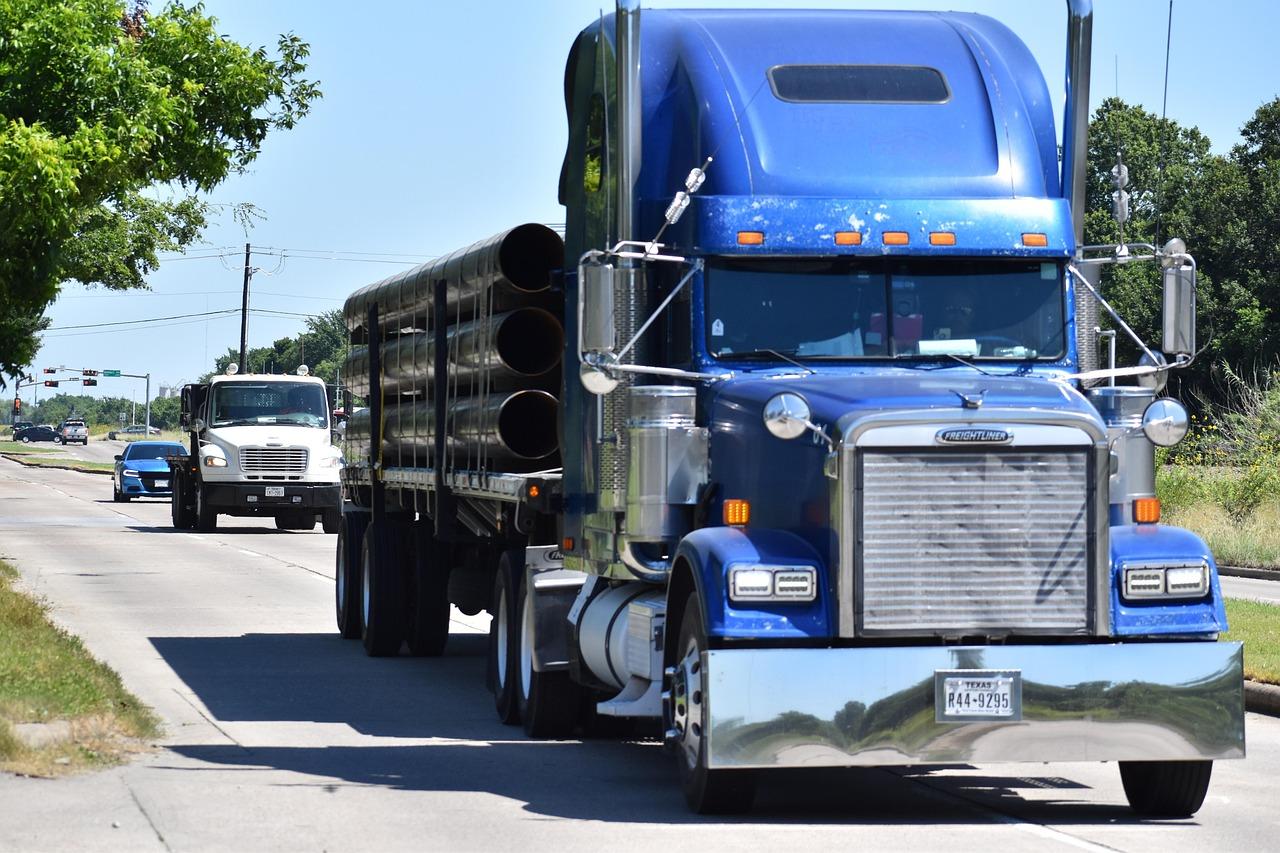Maintenance Matters: How Neglected Trucks Become Highway Hazards
Share
Share
Large commercial trucks are the backbone of our economy, tirelessly transporting goods across the nation. However, when these powerful machines are not properly maintained, they can transform from vital economic engines into significant highway hazards. Neglected maintenance is a critical issue that contributes to a substantial number of truck-related accidents, endangering the lives of truck drivers and other motorists alike.

Vehicle-related problems account for a notable percentage of large truck accidents and types of incidents where a truck accident lawyer should be involved. Safety, repair and maintenance costs have increased by 3.1% and are now $0.202/mile. This means some companies may decide to cut back on maintenance to save money. Unfortunately, with the average loaded semi-truck weighing 80,000 pounds, even seemingly minor mechanical failures can have catastrophic consequences.
Several key areas of truck maintenance are frequently overlooked, each with the potential to cause serious accidents:
A truck accident attorney will look at all these things when investigating a claim.
The failure to maintain commercial trucks properly has far-reaching consequences beyond the immediate risk of accidents. Trucking companies and drivers can face severe legal and financial repercussions, including hefty fines, suspension of operating licenses, and costly lawsuits in the event of a crash caused by negligent maintenance. Furthermore, accidents lead to significant downtime for vehicles, impacting operational efficiency and profitability. Most importantly, the human cost in terms of injuries and fatalities is immeasurable.
The good news is that many maintenance-related accidents are preventable. Stringent adherence to maintenance schedules and thorough inspections are critical.
Ensuring that large trucks are well-maintained is a shared responsibility. Trucking companies must prioritize safety by investing in regular maintenance and creating a culture where safety is paramount.
Leave a Reply